Emergency heat source?
wavy_glass
14 years ago
Related Stories
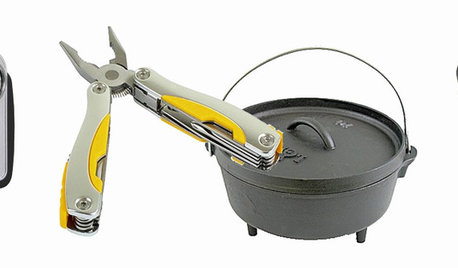
SHOP HOUZZShop Houzz: Emergency Essentials for Your Home
Being prepared for the worst-case scenario can offer considerable peace of mind during an emergency. Are you ready?
Full Story
GREAT HOME PROJECTSHow to Add a Radiant Heat System
Enjoy comfy, consistent temperatures and maybe even energy savings with hydronic heating and cooling
Full Story
GARDENING GUIDES10 Drought-Tolerant Shrubs That Thrive in Full Sun and Reflected Heat
Got a hot spot in your garden where plants often die? Try these tough shrubs that add beauty while shrugging off the heat
Full Story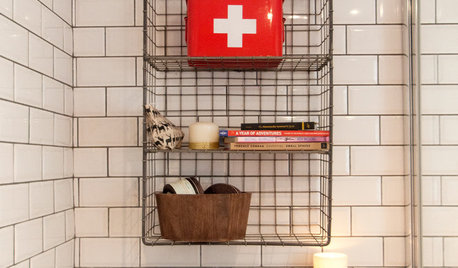
LIFEYour First-Aid, Emergency and Medical Supply Checklist
Don’t wait until you need them to stock your first-aid kit and emergency stash. Here’s what to get and where to keep it
Full Story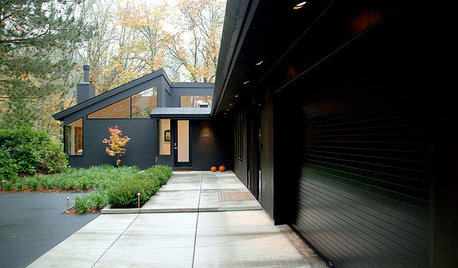
EXTERIORSHome Noir: Black Exteriors Emerge From the Shadows
People are darkening their doorsteps more and more around the U.S. — but is the trend a bright idea?
Full Story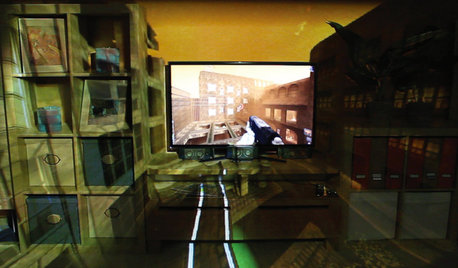
HOME TECHEmerging Virtual-Reality Home Systems Might Blow Your Mind
Get near-total immersion in home entertainment with virtual-reality gadgets worthy of a sci-fi flick, coming soon
Full Story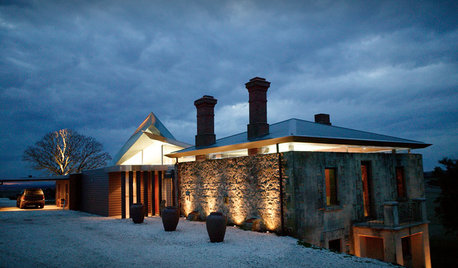
CONTEMPORARY HOMESHouzz Tour: Modern Retreat Emerges From a 19th-Century Ruin
A contemporary country home builds on the remains of an abandoned 1860s homestead
Full Story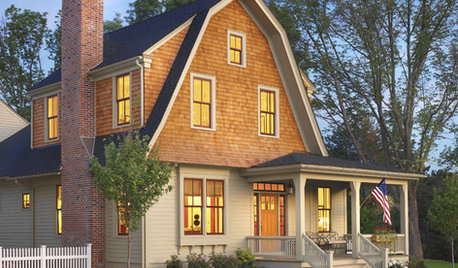
LIFEHow to Prepare Your House for Emergencies
Knock on wood you won't have any big mishaps at home, but it's important to be ready. Our checklist can help
Full Story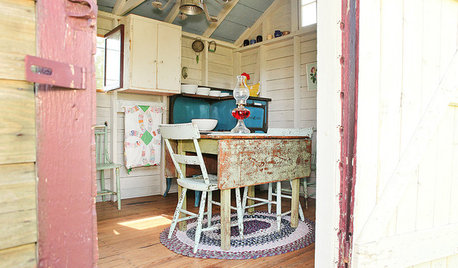
HOUZZ TOURSMy Houzz: A Backyard Getaway Emerges From a Grain Shed
Cozy and brimming with country charm, this snug antiques-filled hideout encourages quiet pastimes
Full Story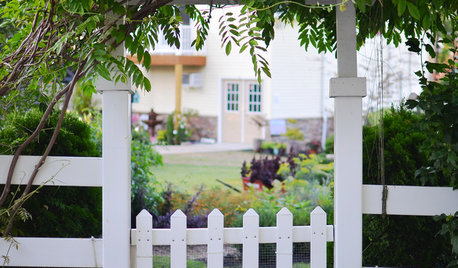
GARDENING GUIDESGarden Tour: A Ravaged Plot Emerges as a Showpiece
From natural disaster to natural beauty, this suburban Pennsylvania garden recovered in style
Full StoryMore Discussions






worthy
wavy_glassOriginal Author
Related Professionals
Martinsburg Kitchen & Bathroom Designers · Moraga Kitchen & Bathroom Designers · North Druid Hills Kitchen & Bathroom Remodelers · Wood River Kitchen & Bathroom Remodelers · Centerville Kitchen & Bathroom Remodelers · Charlottesville Kitchen & Bathroom Remodelers · Eureka Kitchen & Bathroom Remodelers · Ewa Beach Kitchen & Bathroom Remodelers · Hunters Creek Kitchen & Bathroom Remodelers · Kendale Lakes Kitchen & Bathroom Remodelers · Spokane Kitchen & Bathroom Remodelers · Vashon Kitchen & Bathroom Remodelers · Arvada Architects & Building Designers · Auburn Hills Architects & Building Designers · Universal City Architects & Building Designersslateberry
wavy_glassOriginal Author
johnmari
mike_kaiser_gw
macv
worthy
wavy_glassOriginal Author
wavy_glassOriginal Author
worthy
wavy_glassOriginal Author
worthy
worthy
slateberry
eandhl
wavy_glassOriginal Author
worthy
wavy_glassOriginal Author
eandhl
wavy_glassOriginal Author
johnmari
dilly_dally
bebop99
wavy_glassOriginal Author
country_smile